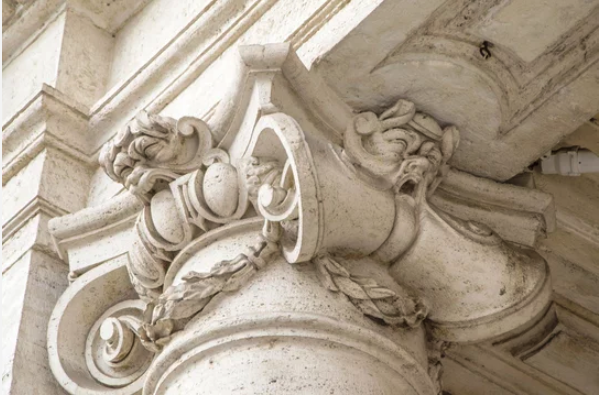Summer Seminar participant and incoming Predoctoral Fellow writes recap of Summer Seminar
Cindy Eqing | Aug 03, 2016
Every year, the Clements Center convenes a week long seminar for doctoral students focused on the connections between statecraft and history. Several sessions this year examined the ways in which policymakers have used or misused historical knowledge in the past, and how different scholarly disciplines approach history. Participants explored how policymakers should use history and what methods might be available for refining the use of the past in decision-making. Here’s Cindy Ewing’s report on the seminar:
“Last week, the Clements Center for National Security met in Beaver Creek, CO for its third annual Summer Seminar in History and Statecraft. Over five days of intensive and intimate discussion, this gathering of academics, policymakers, and doctoral students exchanged their views on the role of history in policymaking and statecraft. Sessions ranged from the general security situation in Afghanistan to the craft of writing history, including topics such as grand strategy, nuclear weapons, intelligence, terrorism, and national security law. Special evening sessions assessed the current states of academic publishing, history, security studies, and international relations to provide students with candid professional advice and the comparative experiences of serving in academia, think tanks, intelligence, and policy.
“Animating many of the sessions was a keen interest in the usefulness of history to making good policy. While historians may study the past along many vectors and at differing scales, the policymaker tends to be interested in history for a distinctly singular purpose. The policymaker looks to history in order to draw lessons, deepen strategic thinking, and even buttress existing preferences. These historical inquiries often come at highly time-sensitive moments. In this constrained setting, historical thinking within the U.S. government runs the risk of relying heavily on analogy, a useful mode of framing the past, but a potentially limited one fraught with the perils of imprecision and over-simplification.
“University of Texas at Austin Professor Mark Lawrence led an energetic conversation about the enduring analogy of the Vietnam War and cautioned against the ways present comparisons actually conceal the complex and multi-faceted explanations for the war’s failure. Harvard Professor Fred Logevall raised the idea that a “history deficit” among policymakers may be one source of an increasingly impoverished political discourse in Washington. An historian from the State Department contended that no such “history deficit” exists and leveled a critique at historians’ reliance on written memos to reconstruct internal conversations. Some policymakers leverage historical thinking in order to reinforce points of view, and the expression of these ideas in memos may in turn capture only part of the development of a policy. Others pointed out the variety of channels through which history is used in the government, intelligence being one of the least visible but most common methods for facilitating historical thinking.
“George Washington Professor Henry Nau suggested that the problem may lie in an incomplete analytic framework for thinking about presidential decision-making. His intriguing concept of conservative internationalism suggests that political scientists have overlooked a tradition of armed diplomacy in American foreign policy. Presidential biographer and University of Texas at Austin Professor H.W. Brands offered an historical question to structure thinking about the past: what is the engine of change for successful presidents? In other words, perhaps historians ought to look at not what makes a president tick, but rather, what makes him successful? In other words, there are many approaches to writing history and some bear more relevance to policymaking than others. While some historians maintain a critical distance from government, others strive towards policy relevance in order to affect policymaking or to deepen their understanding of how policy is made. While historical interpretation may not unsettle a policy direction, there was agreement that the explanatory power of historical analysis varies by means as well as ends. The differing objectives of the disciplines of history, political science, and security studies need not be a handicap to their intersection, but instead a strength on which to multiply perspectives and broaden strategic thinking.”
Photo: Yale University




